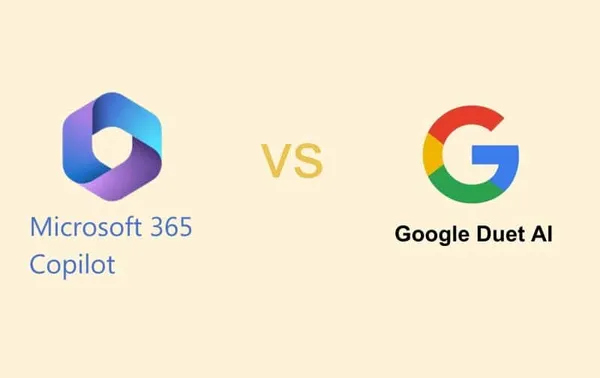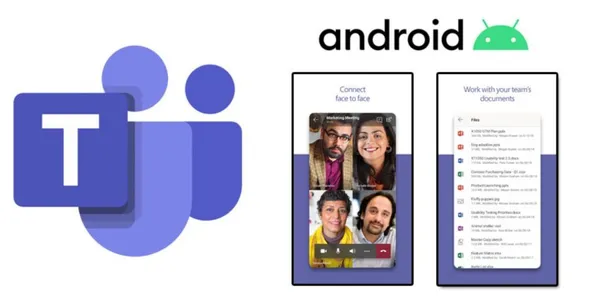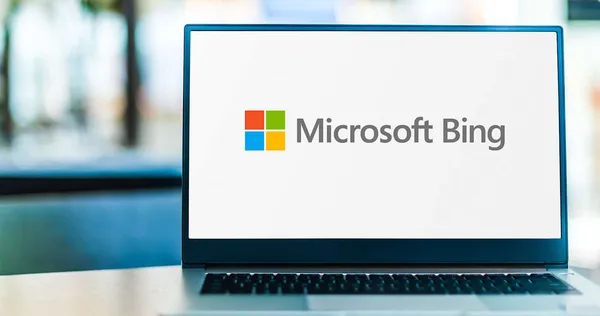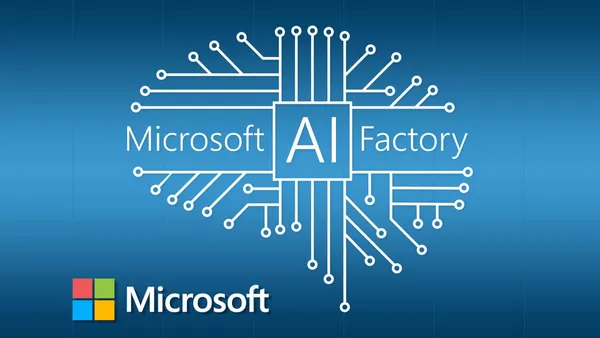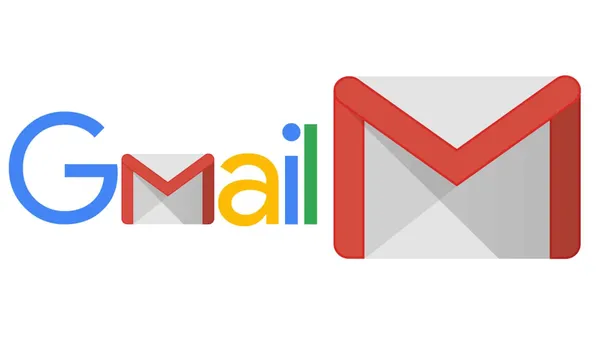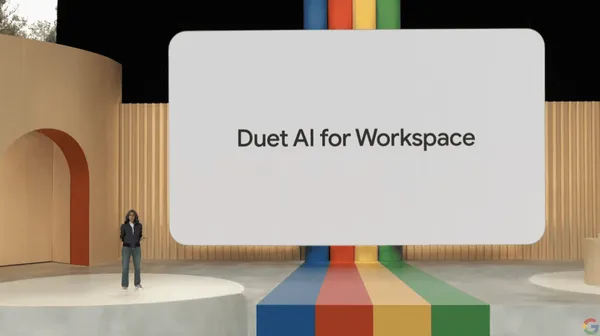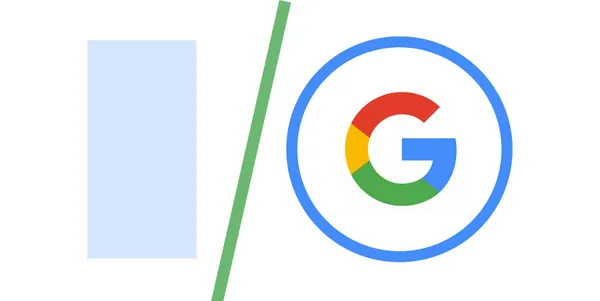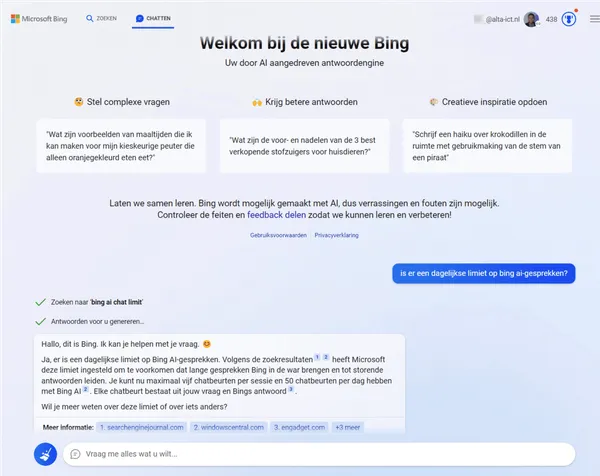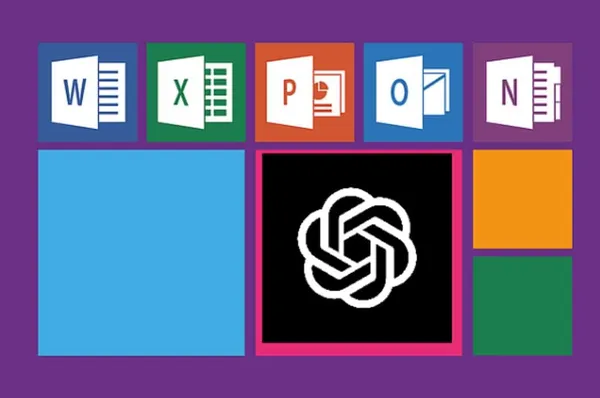
Knowledge base
February 07, 2023
Google announces ChatGPT rival Bard
It’s official: Google is working on a ChatGPT competitor called Bard.
Google CEO Sundar Pichai announced the project in a blog post yesterday, describing the tool as an “experimental conversational AI service” that will answer users’ questions and participate in conversations. The software is available as of yesterday to a group of “trusted testers,” Pichai said, before becoming “more widely available to the public in the coming weeks.”
It is not clear exactly what capabilities Bard will have, but it appears that the chatbot will be as free as OpenAI’s ChatGPT. A screenshot encourages users to ask Bard practical questions, such as how to plan a baby shower or what kind of meals can be made from a list of ingredients for lunch.
Pichai writes, “Bard can be an outlet for creativity and a launch pad for curiosity, allowing you to explain new discoveries from NASA’s James Webb Space Telescope to a 9-year-old, or learn more about the best strikers in soccer right now, and then get drills to build your skills.”
Pichai also notes that Bard “uses information from the Web to provide new, high-quality answers,” suggesting that it may be able to answer questions about recent events – something ChatGPT struggles with.
The hasty announcement and lack of information about Bard are telling signs of the “code red” triggered at Google by the launch of ChatGPT last year. While ChatGPT’s underlying technology is not revolutionary, OpenAI’s decision to make the system freely available on the Web has exposed millions to this new form of automated text generation. The effects have been seismic, with discussions about ChatGPT’s impact on education, work and – of particular interest to Google – the future of Internet search.
Microsoft, which has invested billions of dollars in OpenAI, has also benefited from the moment. The company would integrate ChatGPT into its Bing search engine and other products in its suite of office software. Screenshots reportedly showing a ChatGPT-enhanced Bing leaked just last week.
Although Google has deep expertise in the kind of AI that powers ChatGPT (indeed, it invented the key technology – the transformer that is the “T” in GPT), the company has so far taken a more cautious approach to sharing its tools with the public. Google previously made LaMDA, the language model underlying Bard, available through its AI Test Kitchen app. But this version is extremely limited and can only generate text related to a few queries.
Google, like other tech giants, has been wary of a backlash against untested AI. Large language models such as LaMDA and GPT-3.5 (which drives ChatGPT) have well-documented tendencies to spew toxic content such as hate speech and confidently assert false information, so much so that one professor compared such systems to “bullshit generators” – hardly a laudatory description for technology that some say should replace search engines. (Google itself examined the pitfalls of AI-accelerated search in 2021.)
The upcoming launch of Bard marks a step change in Google’s approach to this technology. In his blog post, Pichai emphasizes that Google will “combine external feedback with our own internal testing to ensure that Bard’s answers meet a high bar for quality, security and grounded in real information” – but it is more or less guaranteed that the system will make mistakes, perhaps serious ones.
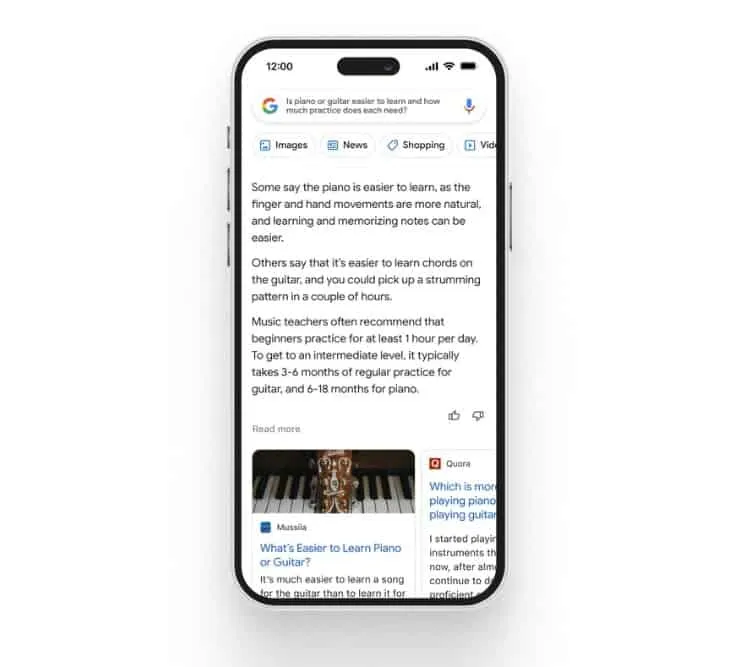
In the meantime, Google is also highlighting how it is already building AI into its many products, including search. In recent years, Google has used AI to increasingly summarize search results, bringing up information from sites rather than letting users click and explore on their own. From pichai’s post, it seems these features will become more prominent in the future:
Soon you’ll see AI-powered features in Search that distill complex information and multiple perspectives into easily digestible formats, so you can quickly understand the big picture and learn more from the Web: whether that’s searching for additional perspectives, such as blogs from people who play both piano and guitar, or delving deeper into a related topic, such as steps to get started as a beginner. These new AI features will soon be rolled out on Google Search.
As if that were not enough, Google is also holding an event Wednesday focused on AI, search and more.
Source: The Verge
Want to know more?
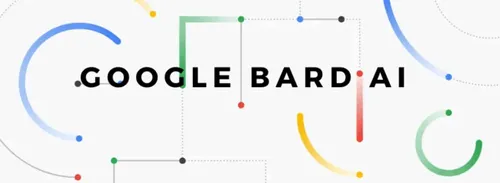
Related
blogs
Tech Updates: Microsoft 365, Azure, Cybersecurity & AI – Weekly in Your Mailbox.
